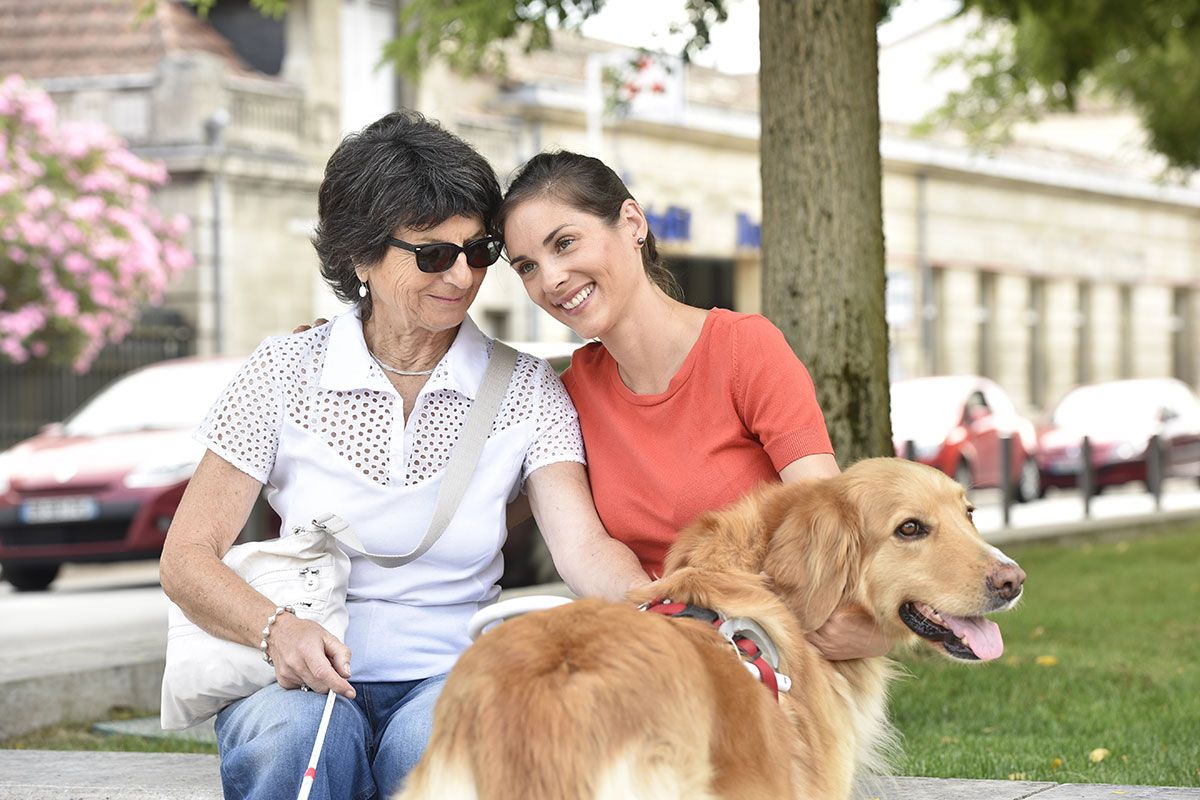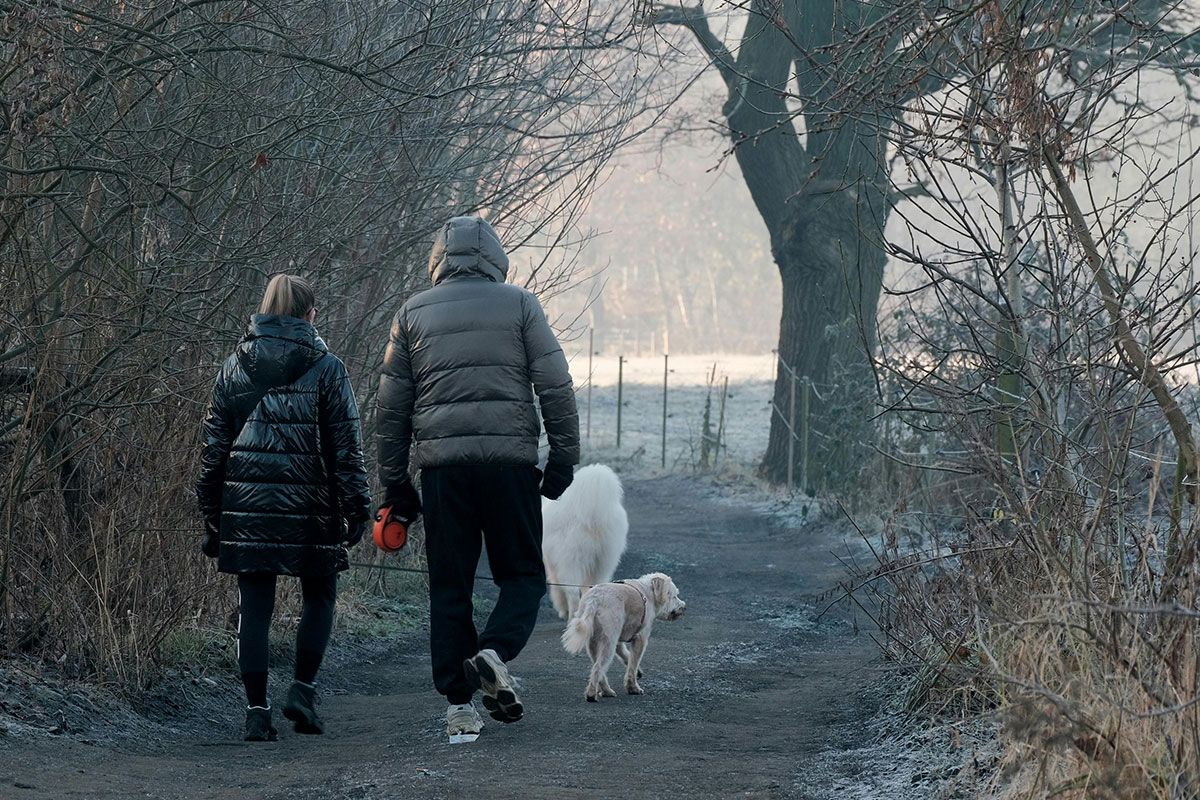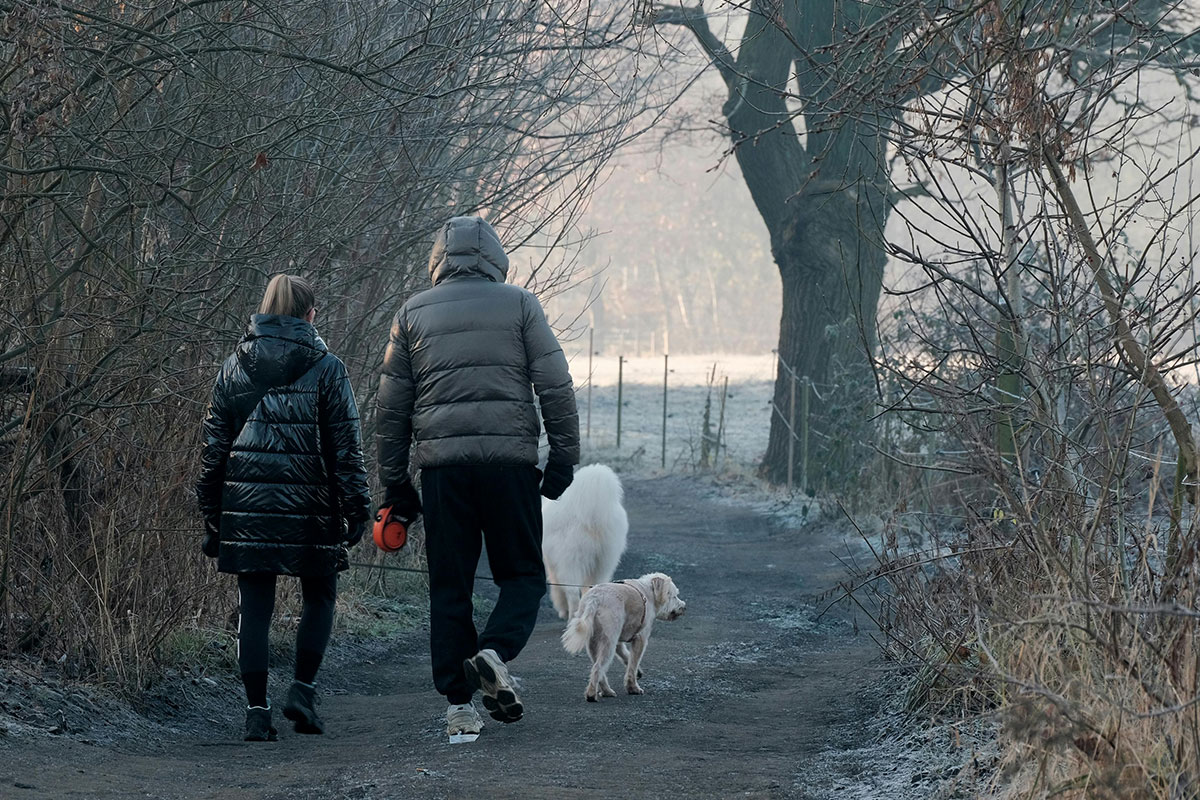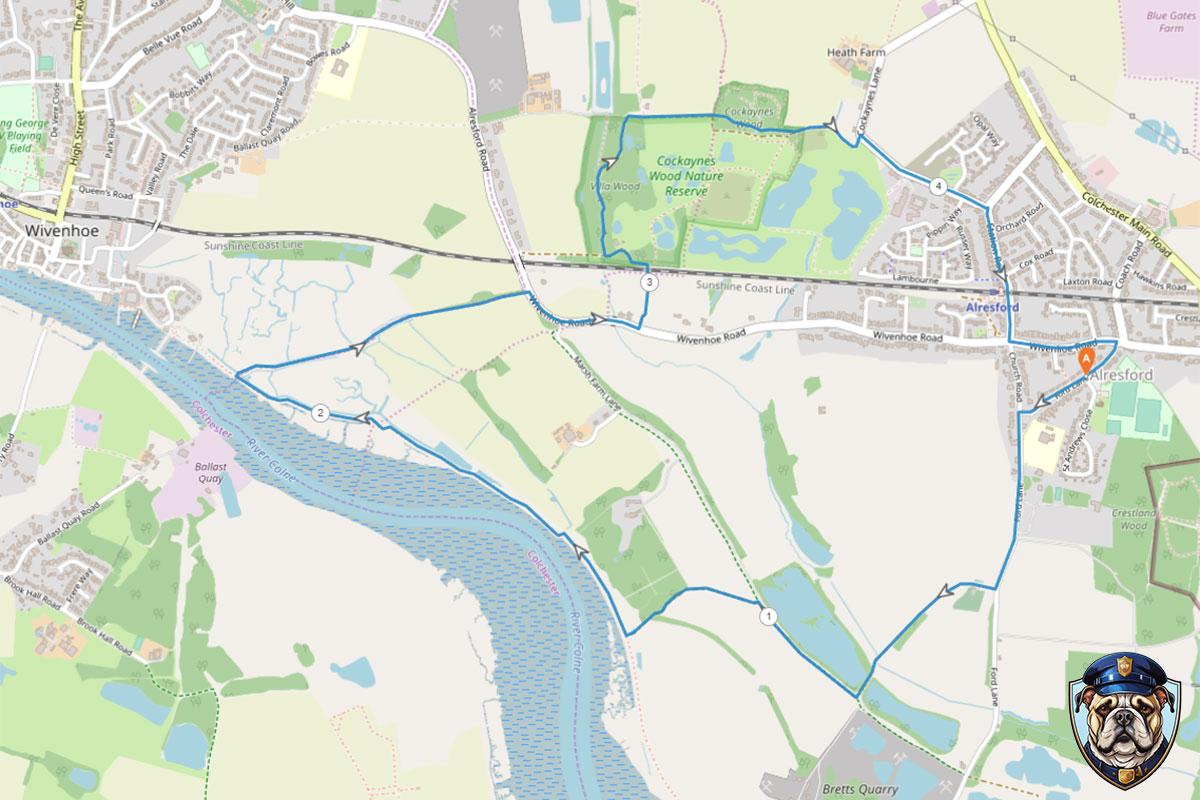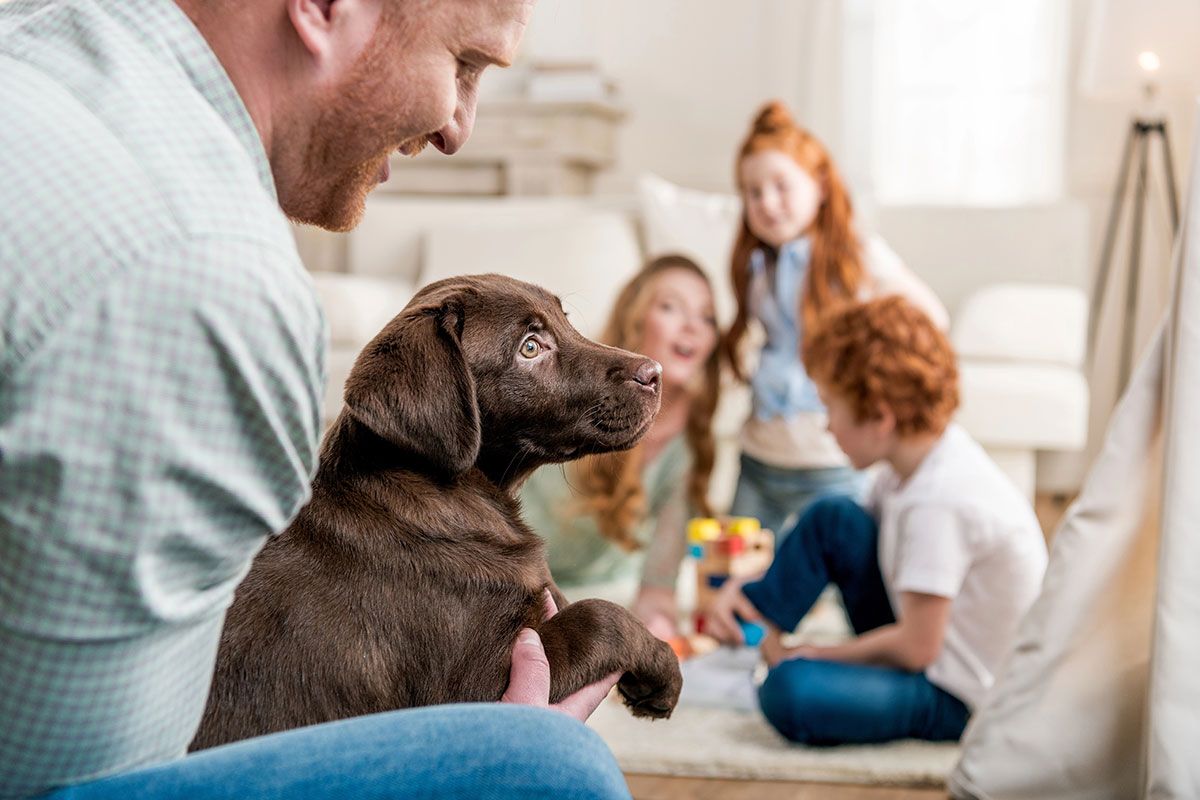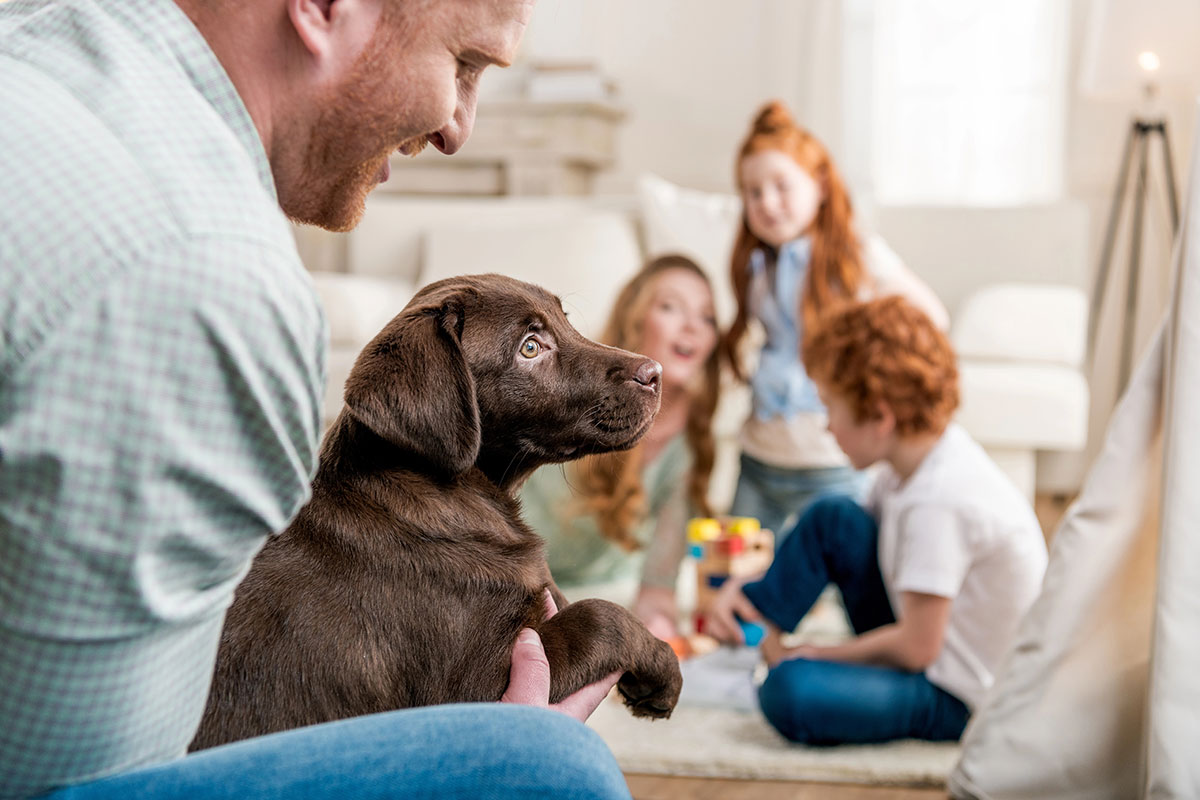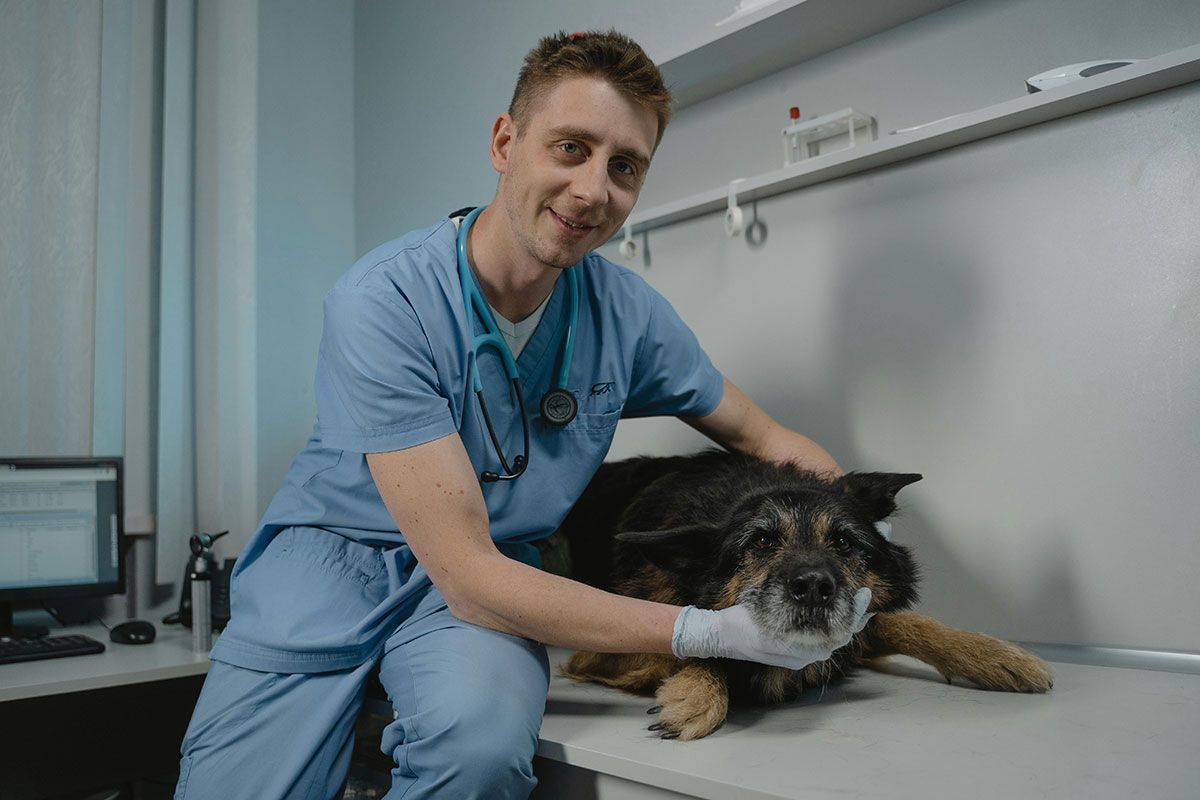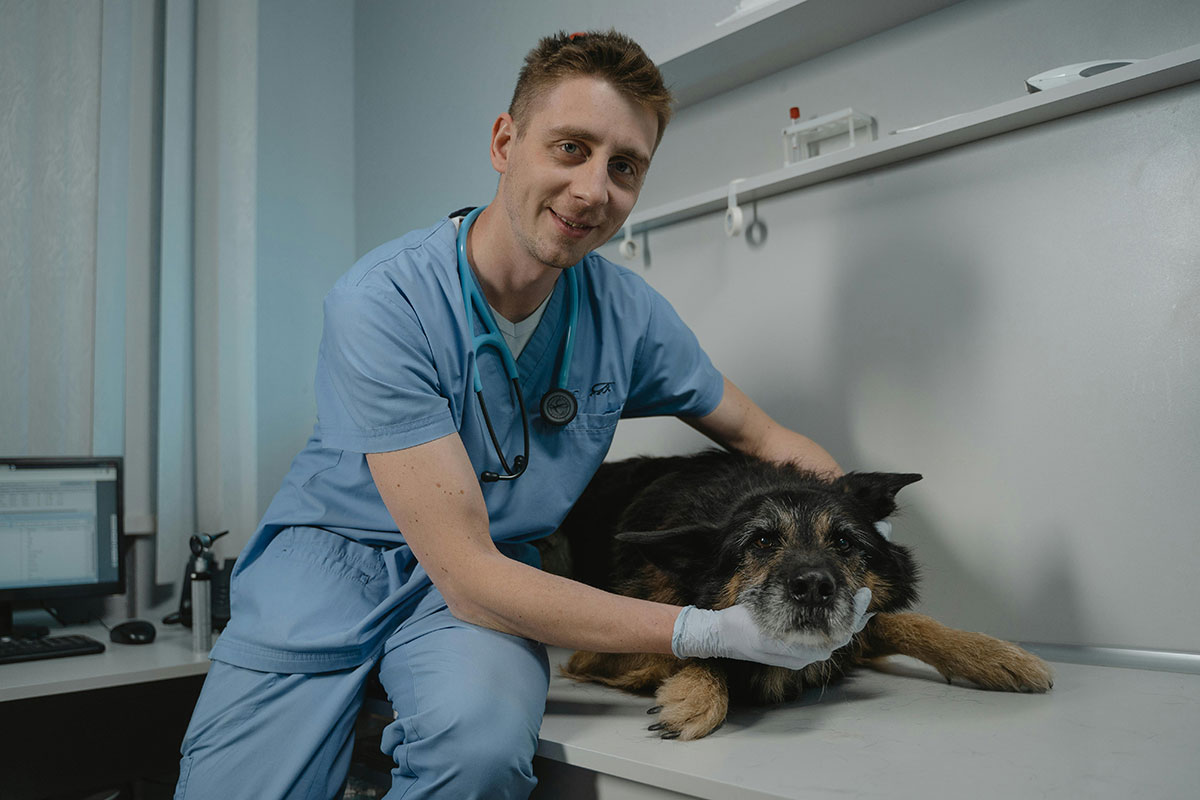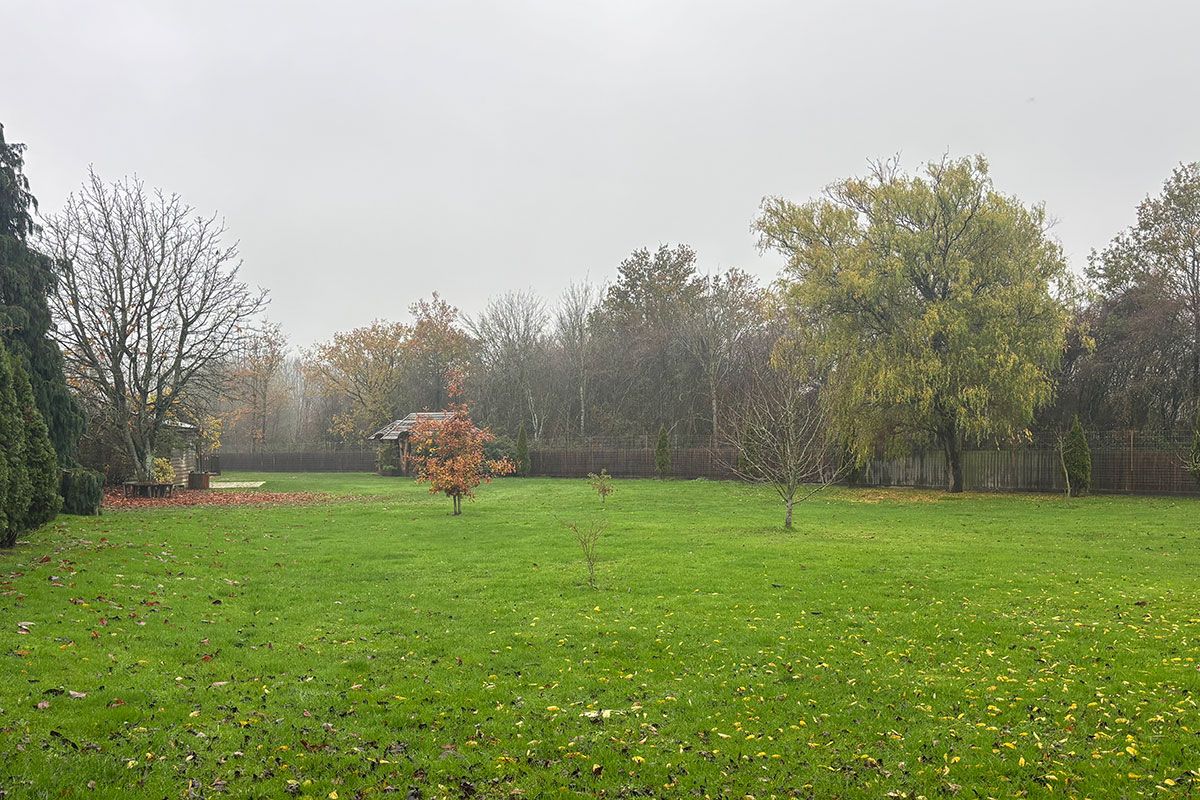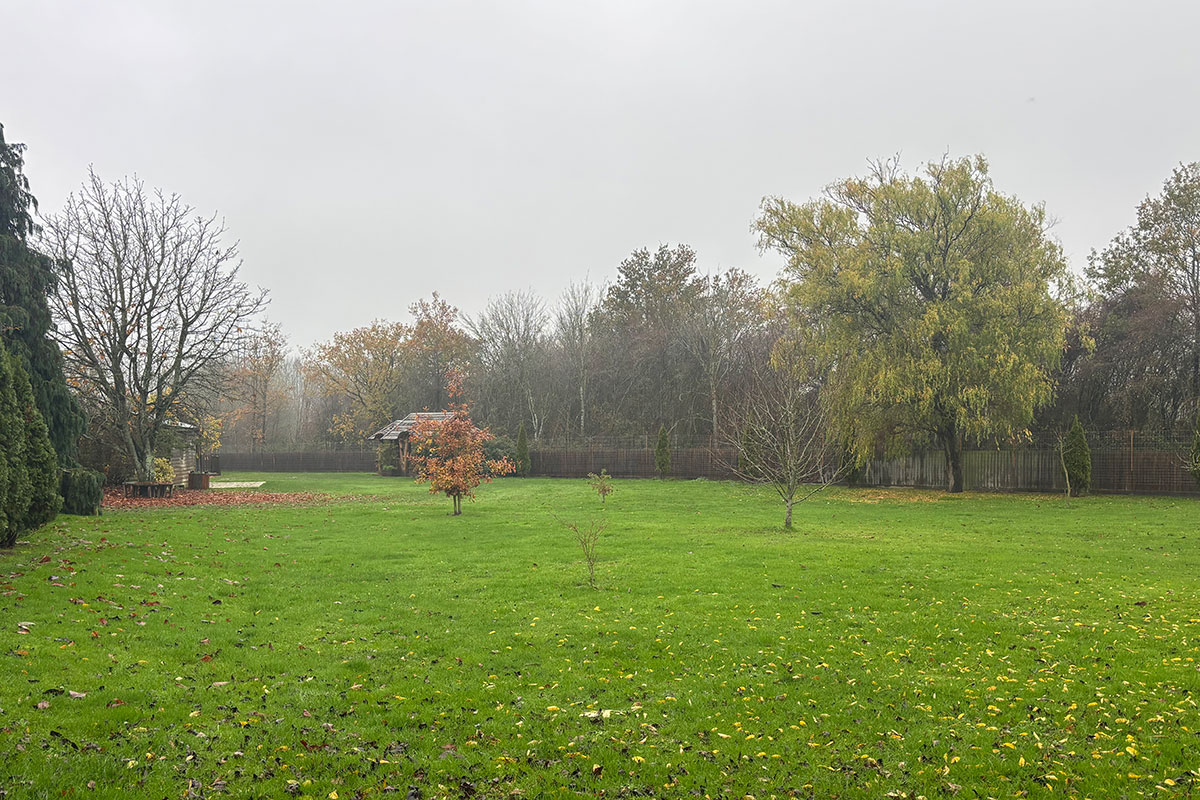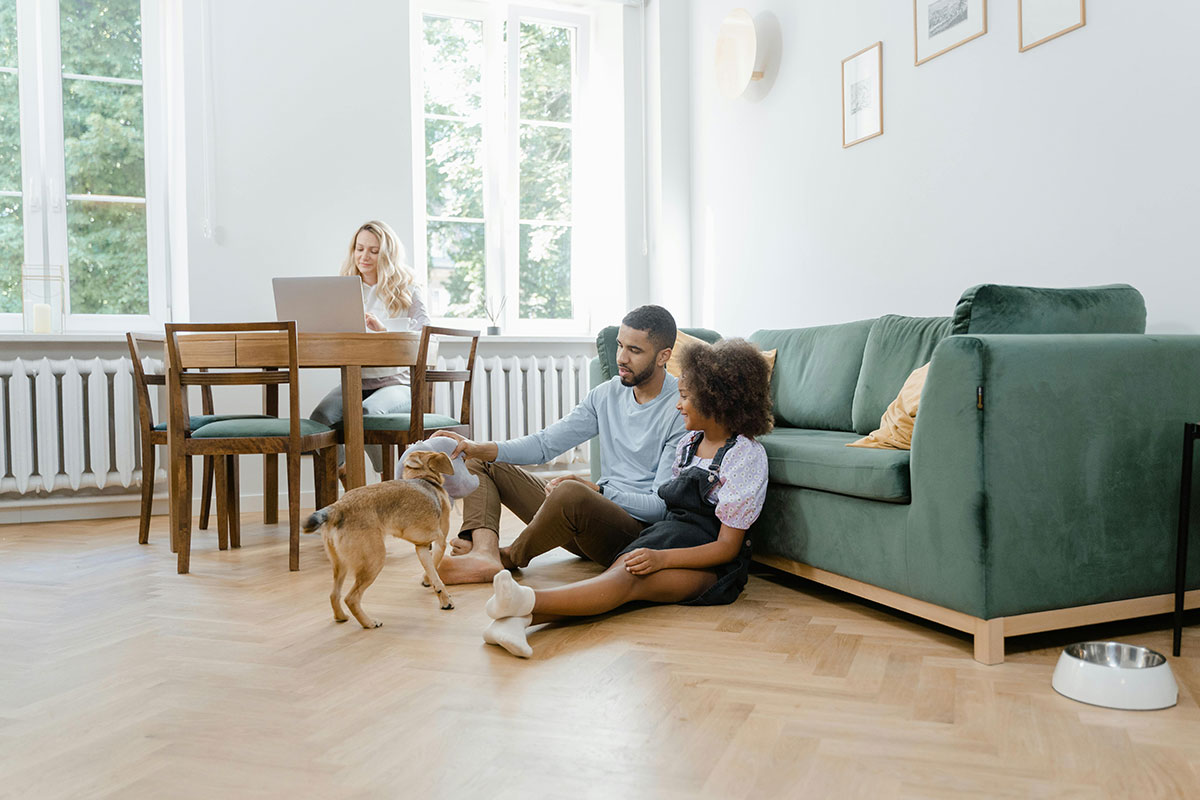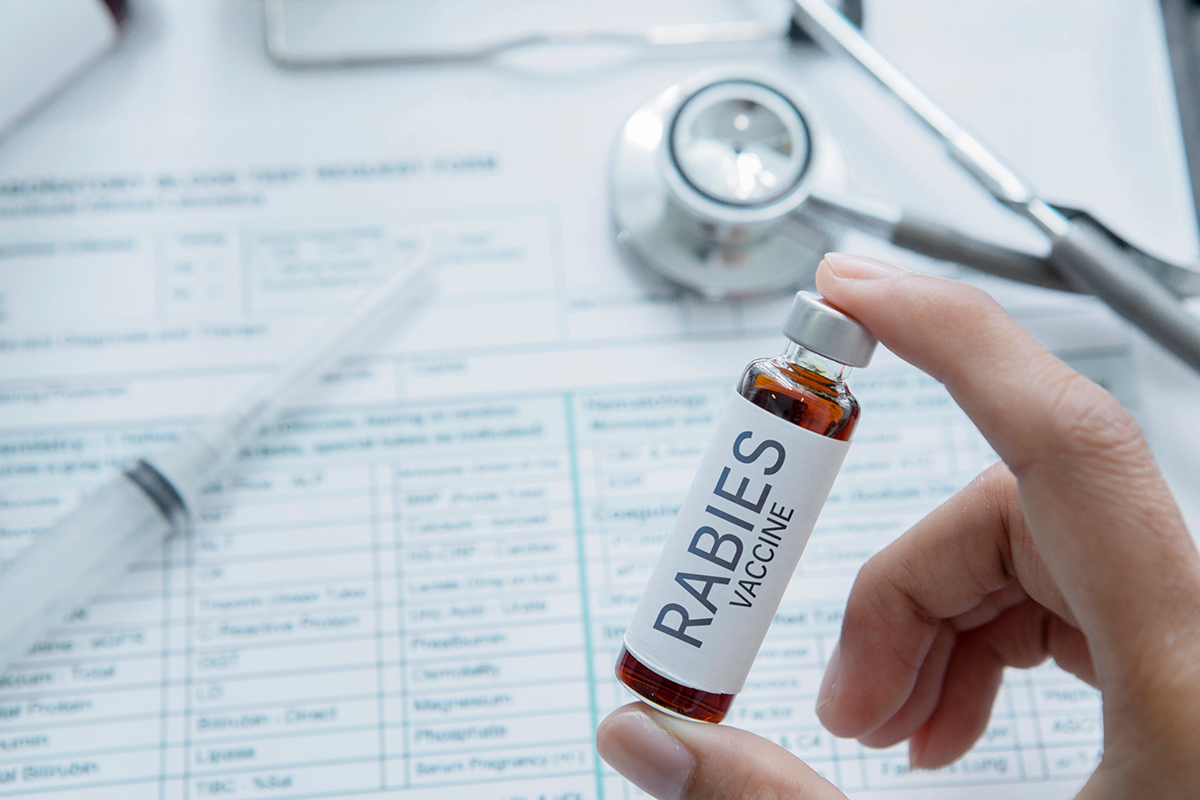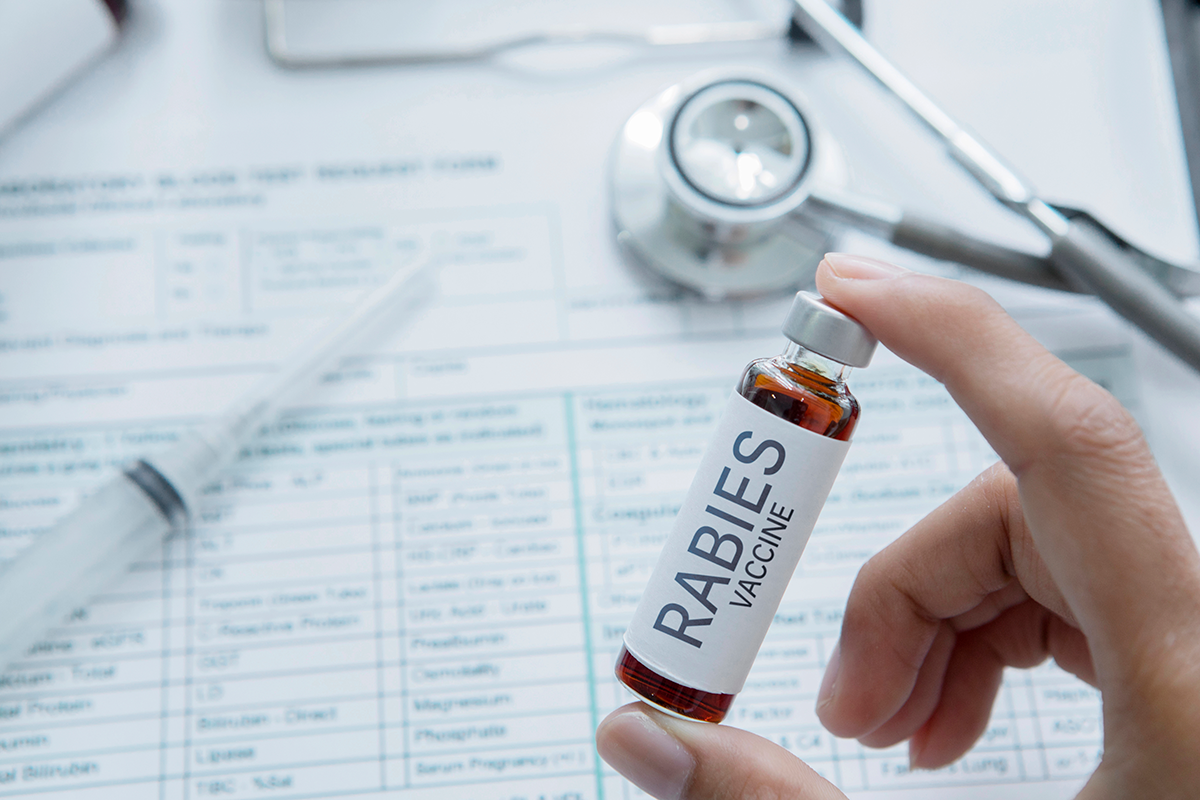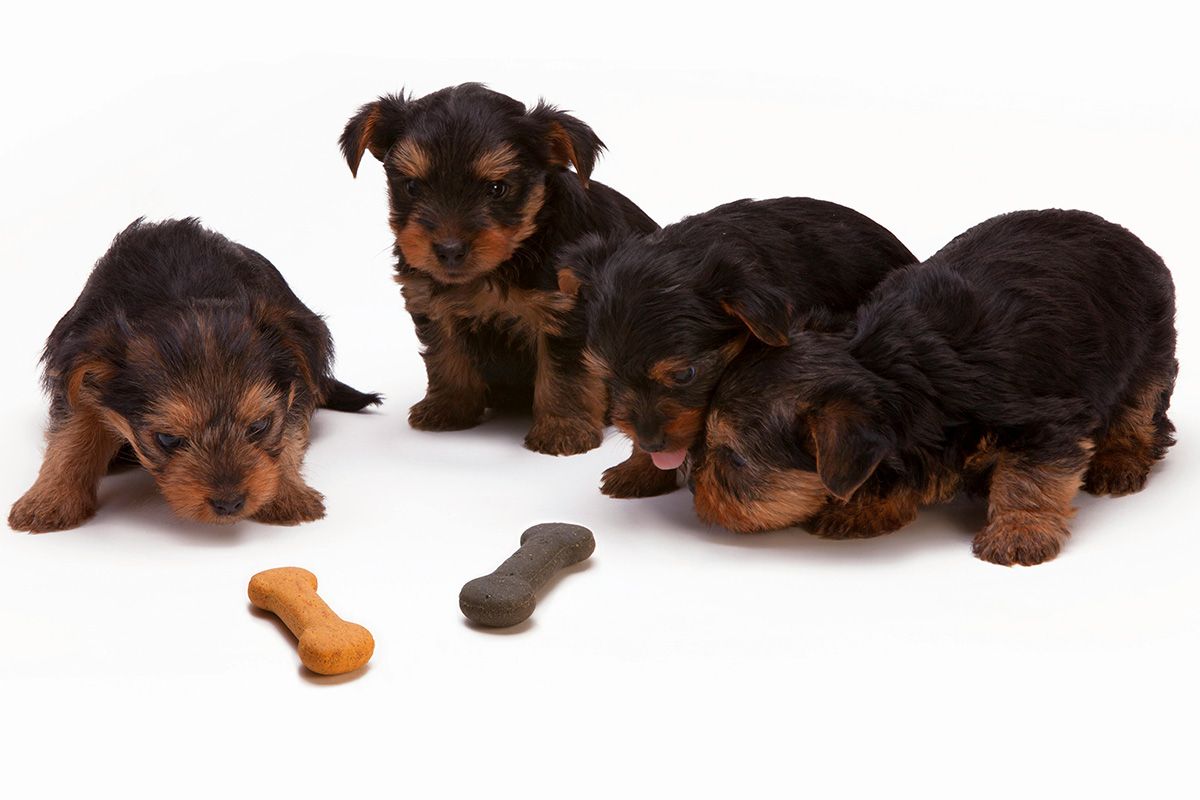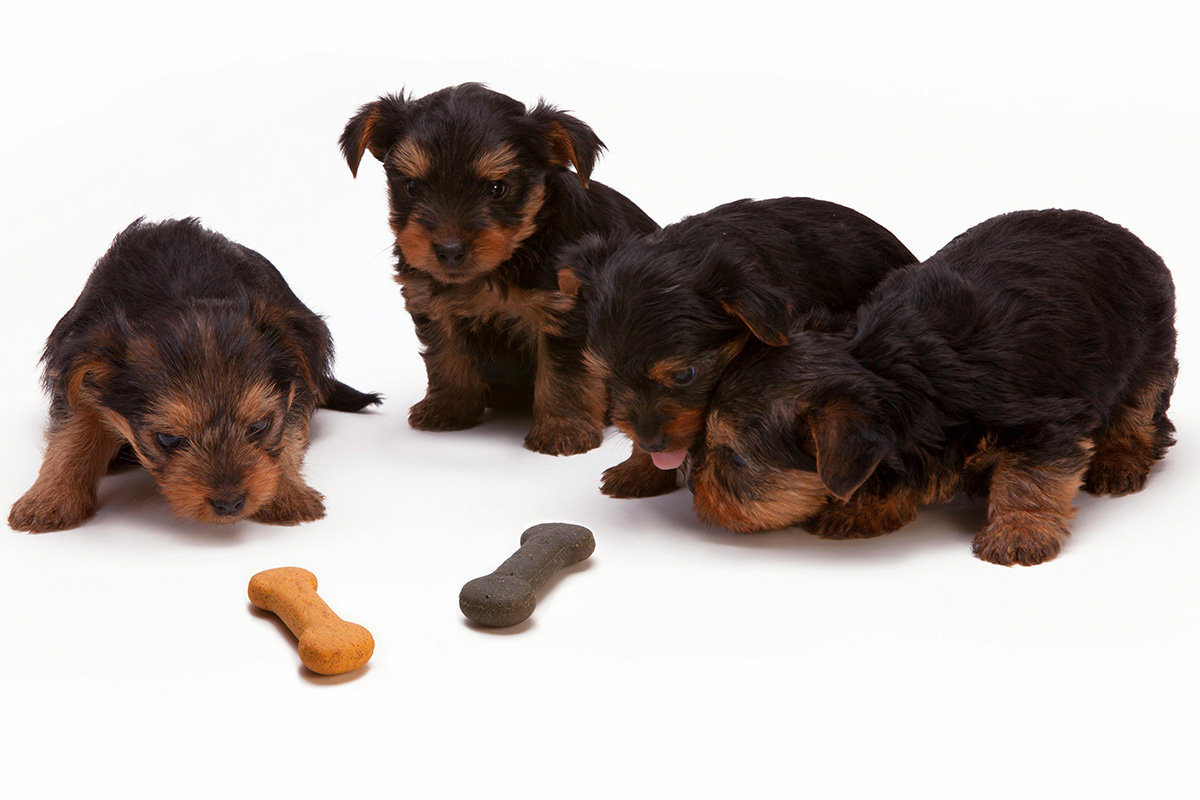Supporting Carers at Home: Practical Help for Families Under Pressure
Supporting Carers at Home: Practical Help for Families Under Pressure
It often starts quietly. A daughter popping round after work to help in the garden. A neighbour lending a hand because “it’s easier if I do it for them.” A partner taking on one more task because it feels simpler than asking for help. For many carers and family members, supporting a loved one at home isn’t a single decision — it’s a gradual shift, where responsibilities build up until something has to give. One area that’s often overlooked is the garden and outdoor spaces, yet these can become a source of stress, safety concerns, and emotional strain for everyone involved.
Support for carers at home isn’t just about medical care or personal assistance — it’s about reducing the everyday pressures that quietly pile up.
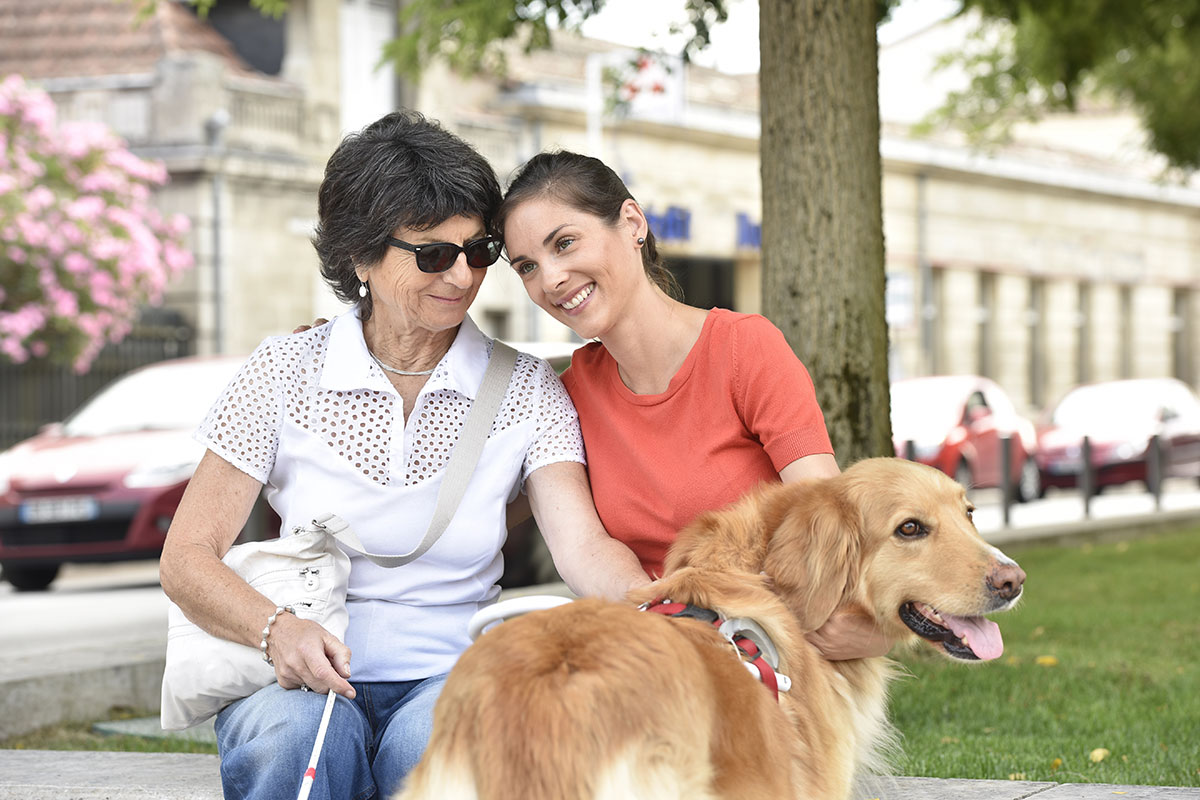
The Growing Reality for Carers in the UK
According to Carers UK, there are around 5.7 million unpaid carers in the UK, with many providing care alongside work and family responsibilities. Alarmingly, over 70% of carers report feeling overwhelmed, and nearly half say their own health has suffered as a result.
The Office for National Statistics also highlights that the number of people aged 65 and over continues to rise, increasing demand on informal care provided by family members rather than formal services.
These figures highlight a simple truth: carers are doing more than ever, often without enough support.
Why Gardens Become a Hidden Pressure Point
When supporting a loved one at home, outdoor maintenance is rarely the top priority — until it becomes unavoidable. As a nation of pet lovers; particularly dogs, the additional workload associated with pets does not go unnoticed. Common challenges carers face include:
-
Clearing dog waste or animal mess safely and hygienically
-
Managing uneven lawns, paths, and outdoor hazards
-
Avoiding tasks that involve bending, lifting, or prolonged standing
-
Finding time for jobs that feel unpleasant, awkward, or unsafe
From a practical standpoint, these tasks can pose real safety risks. From a human perspective, they can also cause embarrassment for the person receiving care, or guilt for the carer who feels they should be able to “keep on top of everything”.
The Emotional Weight Carers Carry
Caring isn’t just physical work — it’s emotional labour. Many carers describe:
-
Worry about accidents or hygiene
-
Frustration at not being able to do everything themselves
-
Fear of taking away a loved one’s independence
-
Stress from juggling multiple responsibilities
A cluttered or poorly maintained garden can become a visible reminder of how much has changed — and that can be tough for both sides.
Practical Support That Respects Independence
This is where discreet, practical services can make a meaningful difference. Poop Patrol helps homeowners by quietly taking care of unpleasant or difficult outdoor tasks, reducing health risks and freeing up time and energy for what really matters.
By removing just one source of pressure, carers can focus on supporting their loved ones emotionally — not worrying about what still needs doing outside.
Based predominantly in North Essex and South Suffolk, we regularly support households where mobility, health, or time constraints make certain outdoor jobs more difficult than they used to be.
Support for Carers at Home Starts with Small Changes
No one expects carers to do everything alone — and they shouldn’t have to. Practical help around the home isn’t about giving up independence; it’s about adapting to life as it changes.
If you’re supporting a loved one and want to reduce risk, stress, and workload, call 0800 148 8088 or use our contact form below to see how we can help — because wouldn’t life feel a little easier with one less thing to worry about?
